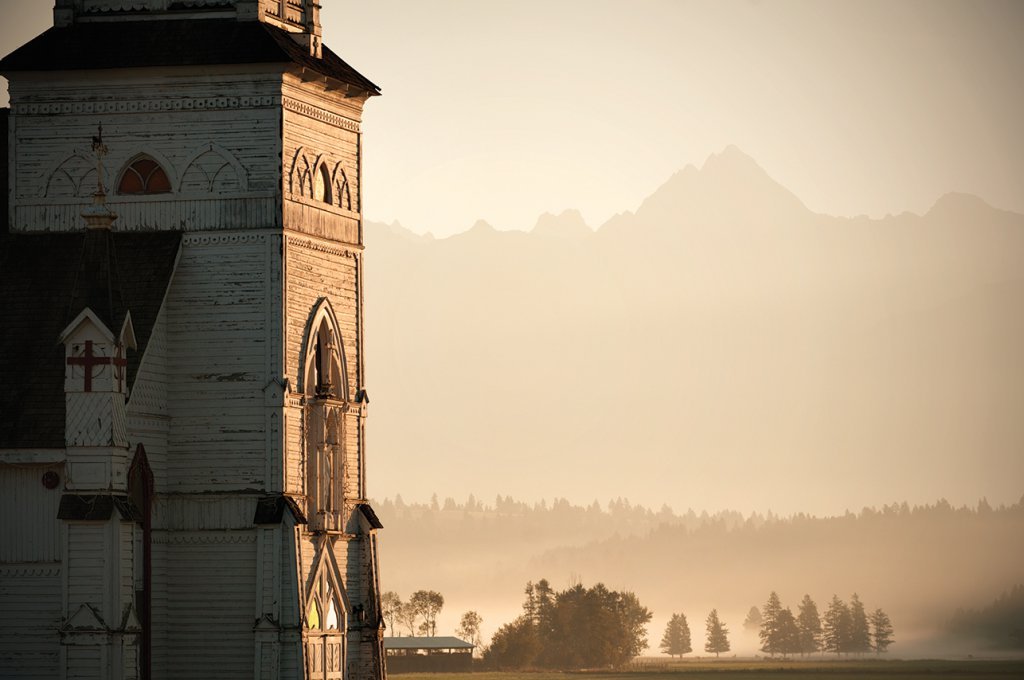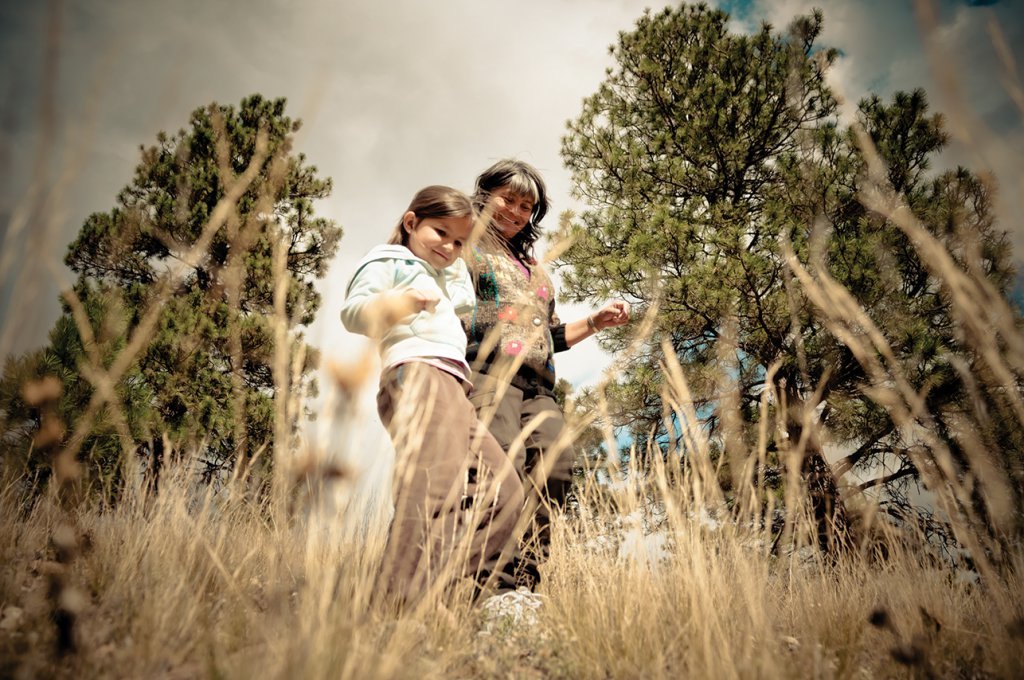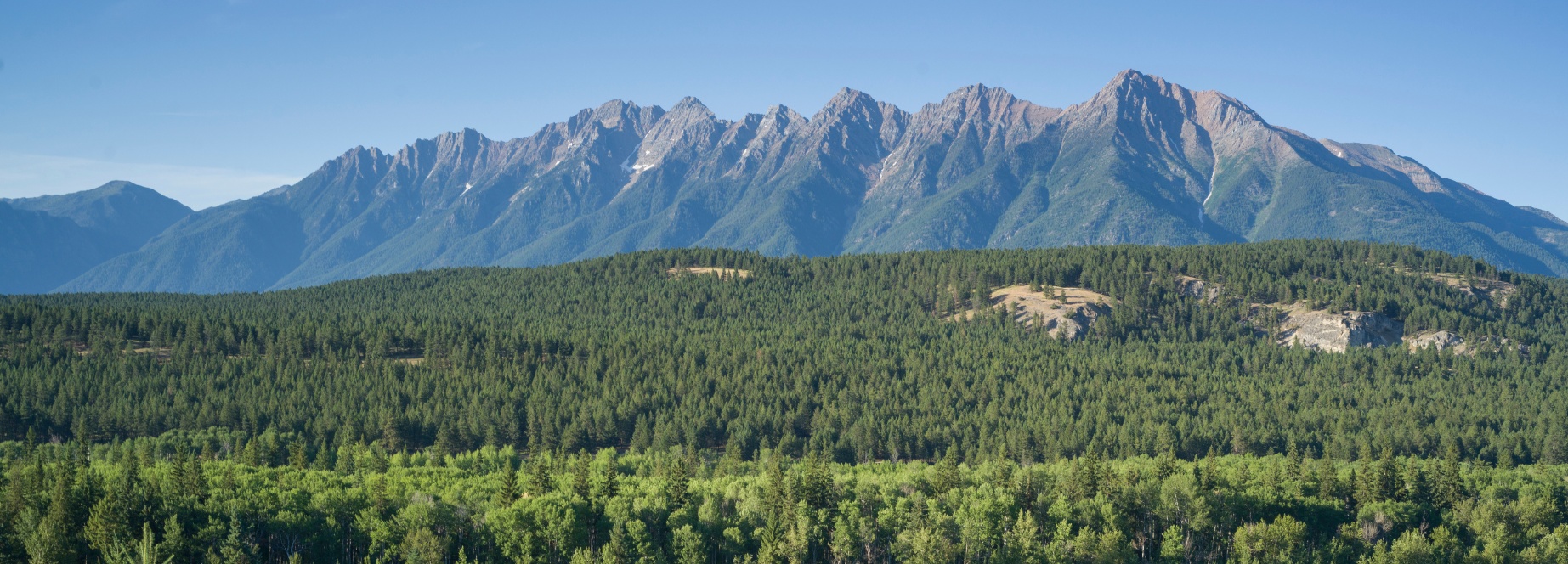Indigenous History Month aims to illuminate the remarkable beauty, knowledge, and resilience of Indigenous cultures. It holds great significance as we pause to acknowledge the profound historical injustices Indigenous Peoples survived and the enduring impact of colonization. Overall, it’s an opportunity to embrace the strength, wisdom, and cultural heritage of Indigenous communities and foster awareness, understanding, and deep appreciation for their experiences and traditions.
As we, ElectroRecycle’s Summer Ambassadors, journey across the province to assist underserviced communities in efficiently recycling small appliances and power tools, we have the privilege of partnering with First Nation communities. These partnerships provide opportunities for us to speak with residents, forge connections, and gain insight into their lives and histories.
During our travels through the Kootenays, we were honored to collaborate with the communities of Yaqan Nukiy (Lower Kootenay Band) and ʔaq̓am, where we facilitated collection events for small appliances and power tools. Both communities are part of the Ktunaxa Nation (pronounced ‘k-too-nah-ha’) whose Traditional Territory covers approximately 70,000 square kilometres within the Kootenay region of south-east B.C. The Ktunaxa’s Traditional Territory also historically included parts of Alberta, Montana, Washington and Idaho (Yaqan Nukiy – Lower Kootenay Band).
Interestingly, the Ktunaxa language is one of eleven original aboriginal language families in Canada. It is unique among Indigenous linguistic groups and not related to any other language in the world (Yaqan Nukiy – Lower Kootenay Band, ʔaq̓am).
A symbol of resilience
Hosting collection events enabled us to learn about the vibrant culture, traditions, and challenges faced by these resilient communities while their residents recycled with us. One particular encounter stood out among the many stories shared. In a conversation with a member of the ʔaq̓am community, we learned that he was a survivor of the residential school that once operated in ʔaq̓am. The St. Eugene Golf Resort, now renowned for its championship golf course, casino, and over 125 rooms, holds a somber history. It was originally established as a residential school aimed at eradicating the cultural identity of the ʔaq̓am residents as well as other Ktunaxa in the region. Following the school’s closure in 1969, the community faced a significant decision regarding the future of the building.

The resident recounted the polarized opinions surrounding the fate of the school building. While some passionate youth advocated for its demolition, fueled by traumatic memories associated with it, it was the wisdom and guidance of the elders that prevailed. To quote Elder Mary Paul, “Since it was within the St. Eugene Mission School that the culture of the Kootenay Indian was taken away, it should be within that building that it is returned.”
Today, the residential school-turned-resort stands as a symbol of resilience and transformation. Welcoming tourists from around the world, it offers an opportunity for visitors to learn about the culture, traditions, and history of the ʔaq̓am community while also providing employment opportunities for its residents. Within the walls of the resort, the history of the atrocities committed is preserved. This serves as a powerful reminder to every guest that the community has overcome immeasurable hardships to reach the place they stand today.
Befriending the buzz
Gaining insight and knowledge of people’s on-the-ground experiences is one of the most enriching ways to learn about a community’s culture and history.
Another story shared by an elderly couple during our time there also stuck with us. As we stood by the river, battling the relentless mosquitoes, the couple approached us to drop off a small appliance for recycling. They began recounting their childhood memories of living in the area.
After finishing dinner, their parents would send them into the forest by the river. The purpose of this unique ritual was to “feed the mosquitoes”, which in turn fed the spiders, thereby nurturing the delicate balance of the local ecosystem. As well as strengthening the ecosystem, “this ritual would also increase their immunity to mosquito bites”. This simple anecdote showcased the immense knowledge and bond the Ktunaxa have with the natural systems we live within.

Leaving the event, we couldn’t help but reflect on the lessons we learned about living harmoniously with nature. It was a reminder of the interconnectedness of all living beings. And the importance of preserving, respecting, and seeking to enrich the delicate ecosystems we are all part of. These moments of genuine connection and shared wisdom reinforce the immeasurable value of learning from Indigenous Peoples.
Our visit to ʔaq̓am was a truly transformative experience, and we were deeply honored to engage with the residents and hear their stories.
Building beyond the month
As Indigenous History Month comes to a close, we will carry forward the deep respect and appreciation we gained from our visits . We will work to learn more about the Indigenous communities around us. Additionally, we are actively looking to support Indigenous communities by providing opportunities to recycle small appliances and power tools with our Mobile Recycling Depot.
At ElectroRecycle, we seek to support Indigenous communities in their recycling programs through sponsorship of the First Nations Recycling Initiative as well as organizing direct collection events with communities. Our initiatives are very much a work in progress. Subsequently, we invite you to connect with us here if your community is interested in a small appliance and power tool recycling event. For information on organizing a larger round-up event for a variety of products (including small appliances, tires, electronics, and large appliances) visit the First Nations Recycling Initiative website here.




Comments